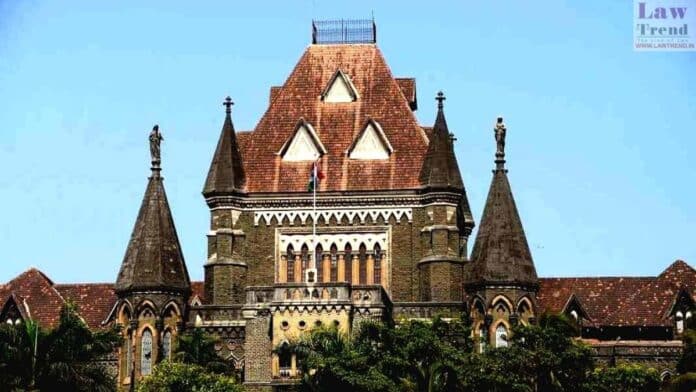The state is duty bound to protect and preserve the environment, the Bombay High Court said while directing the authorities in Nagpur not to cause any damage to the man-made Futala Lake with their construction activities.
A division bench of Justices A S Chandurkar and Vrushali Joshi, on Thursday, noted that resources such as air, sea, water and forests are a gift of nature and should be made freely available to everyone.
“Preservation of the Futala Lake is of paramount importance, and the authorities are duty bound to act responsibly in a manner consistent with Articles 480A and 51-A (g) of the Constitution of India,” the court said.
The bench was hearing a public interest litigation (PIL) filed by, ‘Swacch Association, Nagpur’, which claimed that the musical fountain, viewing gallery and other installations on the banks of the lake were illegal.
The plea sought the demolition of these structures and the restoration of the banks of the lake to their original state.
The Bhonsale kings of Nagpur built the lake in 1799 to supply water to Telangkhedi Garden. It has now become a tourist spot in Nagpur.
Noting that the lake was not a wetland but a man-made water body, the court said that it is still important to protect and preserve the lake from any permanent construction.
“Article 48-A of the Constitution of India requires the state to protect and improve the environment and to safeguard the forest and wildlife of the country,” the court said in its order.
According to Article 51-A (g), every citizen must protect and improve the natural environment, including lakes, it stated.
Also Read
“Thus, even if the Futala Lake is not a declared wetland, the duties and responsibilities imposed by the aforesaid provisions would have to be adhered to in true letter and spirit,” the high court said.
It further held that the construction being carried out on the banks of the lake has the requisite permissions and sanctions but it will be necessary to ensure that no permanent construction is undertaken.
“The authorities shall ensure that their activities do not result in causing any ecological damage to the water body and that the quality of aqua life is not adversely affected,” it said.




